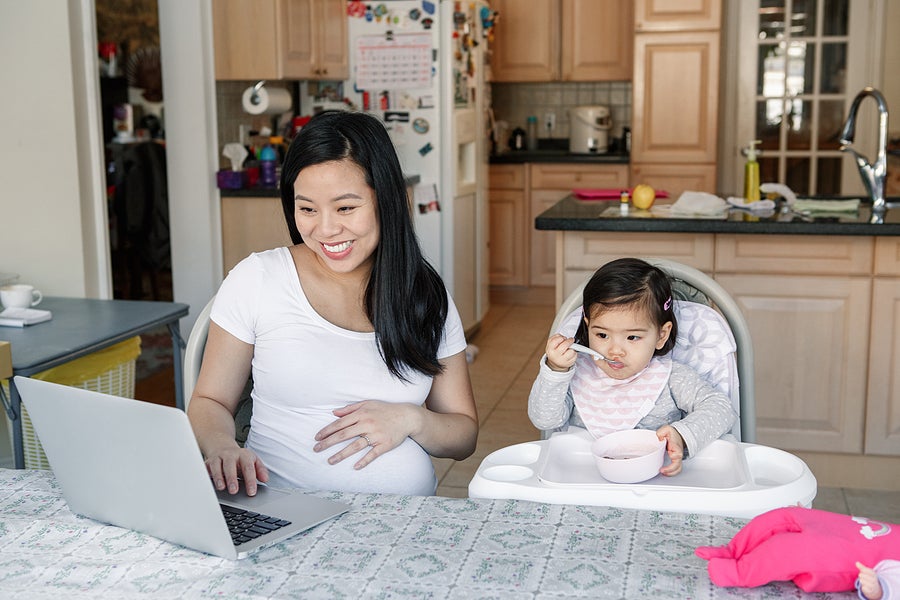Over the past few years, states have increasingly sought to use Medicaid to cover services and supports that address unmet individual-level social conditions, known as health-related social needs (HRSN), that can adversely affect health outcomes. Pregnant and postpartum individuals and young children – populations that have significant need for consistent access to healthcare and are at greater risk of adverse health conditions from delayed care – have been a focus of actions to provide HRSN services, which help address the maternal and infant health crisis.
Today, we are releasing a new report that provides analysis on state efforts through Medicaid section 1115 demonstration projects to address unmet HRSN among pregnant and postpartum individuals and young children. As the report shows, there is a wide variety in the scope of HRSN services and populations that states are approved or are seeking to cover. To date, services have largely been focused on housing and nutrition supports.
There were previous efforts to use section 1115 demonstrations to address unmet HRSNs, like in Massachusetts and North Carolina in 2018, authorizing states to cover limited transition-related housing costs/fees and provision of medically necessary nutritional supports. In 2022, the Biden Administration expanded and broadened HRSN services that states could provide through Medicaid, including up to six months of rent and delivery of meals or groceries to qualifying populations. As part of this expansion of HRSN services, there have been clear guardrails established to ensure provision of medical services remains the central priority and HRSN services are medically appropriate. For example, spending on HRSN supports is limited to a three percent cap of total Medicaid spending. Additionally, individuals must have a social risk factor and clinical need to be eligible for approved HRSN services; this means not all Medicaid enrollees, or even all pregnant or postpartum individuals will qualify for these services.
As of May 23, 2024, the Centers for Medicare & Medicaid Services (CMS) has approved nine states to provide housing or nutrition services for pregnant and postpartum individuals or young children through section 1115 demonstrations (AZ, AR, DE, MA, NJ, NY, NC, OR, and WA) while eight states have pending requests to do so (CA, CT, HI, IL, NM, PA, RI, and VT). (Note: North Carolina also has a pending request to expand the eligible populations and services provided, which are detailed in the appendix tables of the report). There are additional HRSN services states are providing, like diapers for infants in Tennessee and Delaware, which are also detailed in the report.


